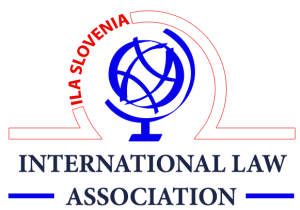The latest volume of the Yearbook of Private International Law has just been released; the full table of contents can be found here.
The following teaser has been kindly provided by Ilaria Pretelli:
This XIX Yearbook revisits classical questions such as forum non conveniens and exception clauses, foreign overriding mandatory provisions, reciprocity etc., at the same time presenting contributions discussing very specific and technical problems, as that of the law applicable to the right of recourse in the field of liability insurance law, that of the recognition of punitive damages in the EU or international insolvency in the banking sector.
A special section is devoted to some of the difficult questions addressed by the European regulations on matrimonial property and the property effects of registered partnerships that will soon enter into force.
A juicy special section is devoted to cultural property and heritage, including obstacles to claims for the restitution of looted art and new mechanisms leading to the proper resolution of cultural property-related disputes. Both contributions forming this section observe a gradual transition in the judicial practice and the slow but steady development of a body of transnational rules forming a true lex culturalis.
One of the truly first codifications of the latter is offered by the new Hungarian Private International Law Act, presented in the National Reports Section.
The need to adapt private international law legislation has led to a sectorial reform in New Zealand, where the traditional, and indeed discriminatory, double actionability rule has now disappeared in favour of a more modern solution, clearly inspired by European Union regulations.
The National Reports further include an essay on how Russian authorities implement both the 1996 Hague Children’s Convention and the 1980 Hague Abduction Convention, with a detailed review of Russian case-law grappling with such notions as a child’s residence, removal and retention, or the legitimate reasons to refuse return of the child.
Another paper features the first English-language contribution on Mongolian private international law – trade, commerce, family and people-to-people relationships between Mongolians and other State communities being constantly on the rise. Turkish law is once again present through a meticolous account of jurisdiction agreements and the favour they increasingly enjoy both in Turkish adjudication and academia.
Two papers on international surrogacy offer French and Italian perspectives, as these countries were involved in the Mennesson, Labassée and Paradiso ECtHR cases.
Those who are curious as to “What’s new” in terms of work-in-progress of The Hague Convention on Judgments will devour the section devoted to relevant contributions with articles on the exclusion of privacy and the relationship with other existing multilateral instruments, in particular certain instruments in force in Latin America.

 The
The